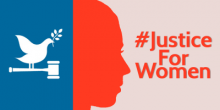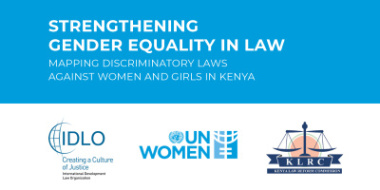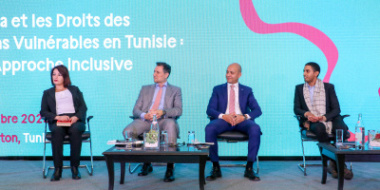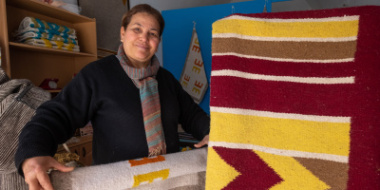Strengthening Regulatory Reform in Indonesia
Indonesia has a high number of overlapping or contradictory laws and regulations. This results in ineffective administration, lengthy processes and obstacles for economic development. While the Government of Indonesia has taken certain measures to enhance regulatory reform, regulatory functions are currently scattered across several governmental institutions, creating a web of uncoordinated mandates. There is therefore a need for a central body or unit within the government that oversees regulations.















